**The Apprentice**
*Jeremy Strong (left) and Sebastian Stan in 'The Apprentice.' CANNES FILM FESTIVAL*
“I think it’s time to make movies relevant,” declared Ali Abbasi at the Cannes premiere of his Donald Trump biopic *The Apprentice*. “It’s time to make movies political again.”
However, Hollywood seems unresponsive. Despite international acclaim for *The Apprentice*—starring Sebastian Stan as Trump and Jeremy Strong as his political mentor Roy Cohn—the film struggles to secure a U.S. distributor. This is puzzling, given the upcoming U.S. election, which could serve as a prime marketing opportunity.
A significant obstacle is Kinematics, a company funded by pro-Trump billionaire Dan Snyder, which holds domestic rights and must approve any sale. Snyder, reportedly disliking the film due to controversial scenes depicting Trump, is complicating the distribution process.
U.S. buyers have been wary of political films for some time. Once a box office draw, political controversy now seems a financial risk, partly due to a decline in adult-oriented movie markets post-COVID. Adam McKay’s *Vice* was a notable flop, reinforcing this trend.
An investor in *The Apprentice* states, “I love politics, I love political films, but from a business point of view, investing in a political movie is risky.”
International markets are more receptive to controversial U.S. topics but cautious with their own political issues. The reliance on government subsidies in Europe adds pressure, especially from right-wing movements opposing perceived left-wing films.
Participant Media, known for socially conscious films, shut down in April, reflecting a broader industry shift. Studios fear backlash from conservative groups, leading to a preference for non-controversial content. Disney’s conflict with Gov. Ron DeSantis over “don’t say gay” laws exemplifies this.
Mikael Fellenius, CEO of Film i Väst, highlights a climate of fear in America, deterring political film production. He notes, “The climate has made it much harder to produce political movies there.”
A producer involved with *The Apprentice* sales negotiations observes, “The world is more divided. You’re either left or right, and there’s no common ground.” This polarization affects audience willingness to watch politically charged films.
Shawn Robbins, a box office analyst, adds that audiences are increasingly sensitive about viewing politically controversial movies, preferring non-partisan content. This strategy proved successful for Alex Garland’s *Civil War*, marketed as nonpartisan and appealing broadly.
Streamers, once supportive of political films for awards, now favor mainstream content with wide appeal. Bryan Fogel’s *Icarus: The Aftermath* and Gabriela Cowperthwaite’s *The Grab* struggled for distribution, reflecting this shift.
Ted Hope, former Amazon co-head of movies, faced challenges with his documentary *Invisible Nation* due to fears of angering China. Distributors prefer safer, non-controversial films.
Hollywood’s internal politics also impact distribution decisions. *Union*, a documentary on Amazon Labor Union, remains undistributed, likely influenced by Hollywood’s recent labor unrest.
Participant Media’s closure exacerbates challenges for political filmmakers. Ted Hope remarks on the limited options now available for getting such films made or seen.
Overall, economic concerns and market conditions overshadow political considerations in today’s film industry. A veteran sales agent concludes, “The market and the ability to make money supersede political concerns. But if you have both? Forget about it.”






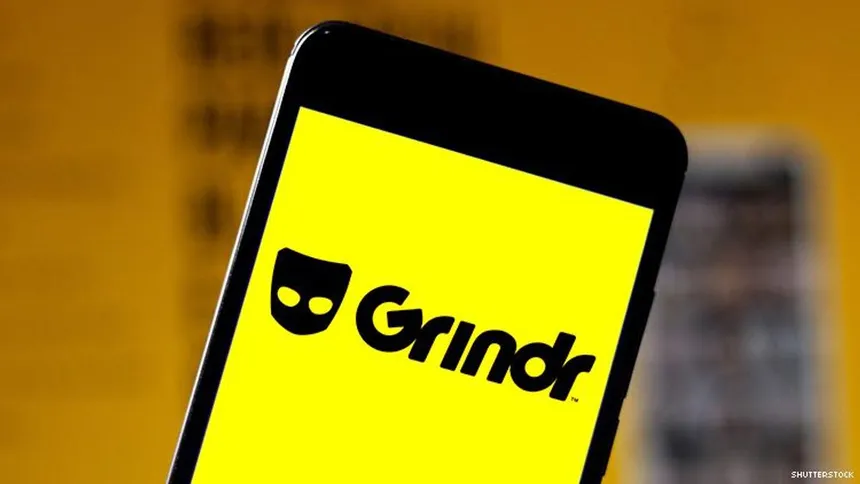






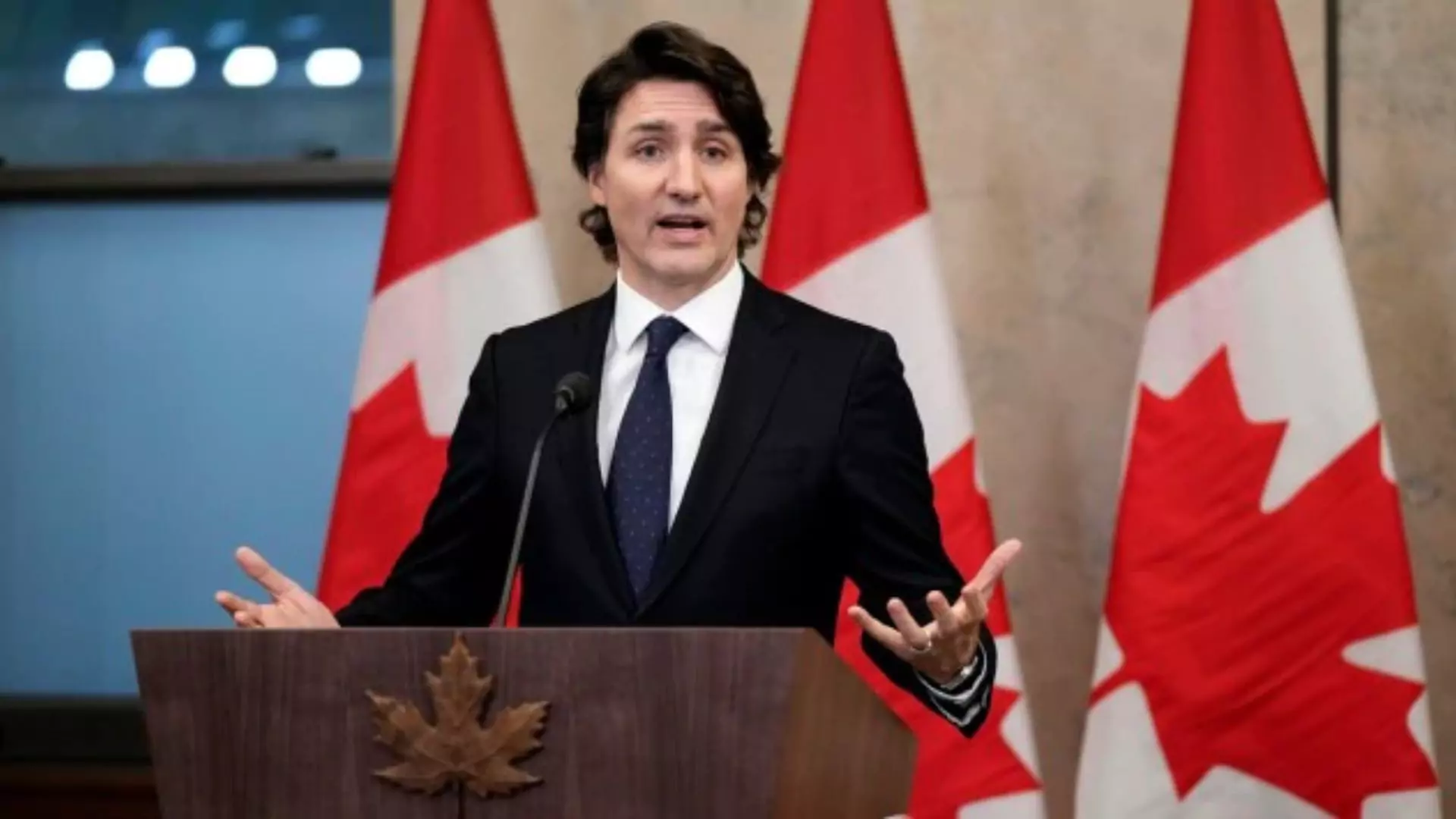
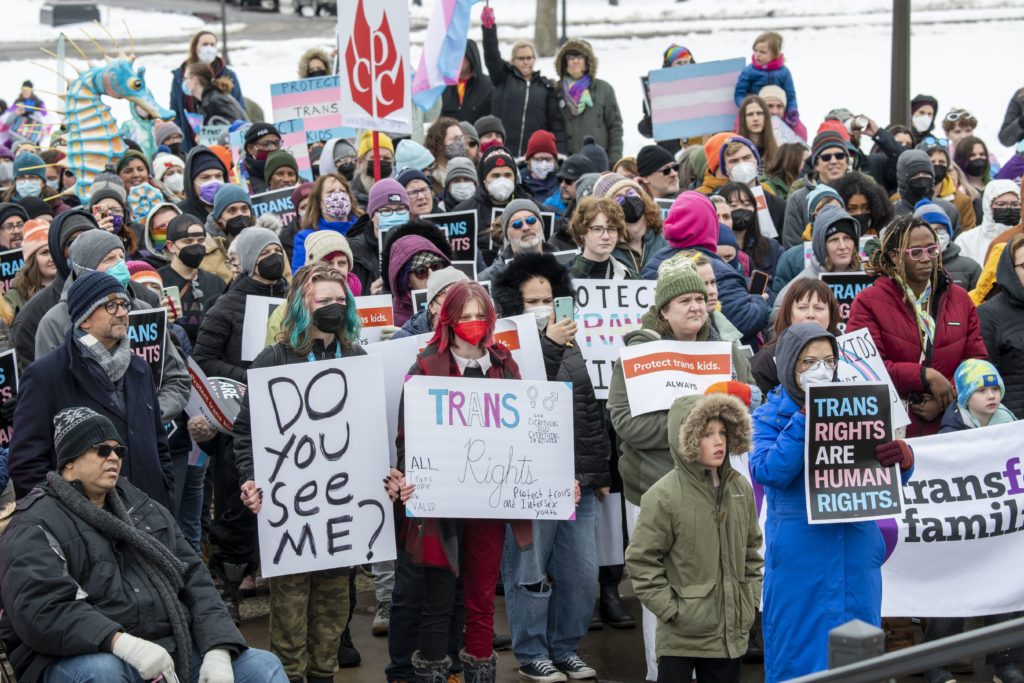



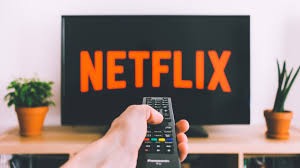
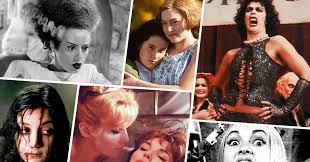






0 Comments